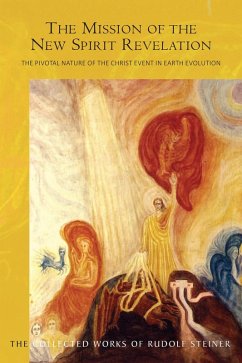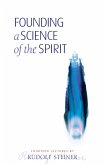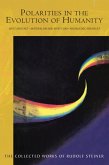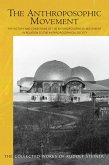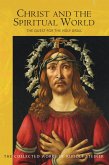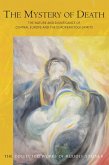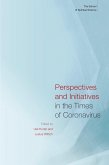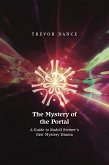In this rich, previously-untranslated collection of lectures, Rudolf Steiner approaches and illumines the figure of Christ from manifold directions and perspectives. Christ, the being of love, is for the body of the Earth what the heart is within our individual organism.
Given throughout 1911 - the year before Rudolf Steiner split from the theosophists citing fundamental disagreements over the true nature of Christianity - the lectures reflect Steiner's intensifying emphasis on the central deed of the Christ being in Earth evolution, whilst in tandem demonstrating the truths of reincarnation and karma. He reveals profound vistas of human development and paths of advancement over many lifetimes, in which Christ is to be our steadfast companion and exemplar.
Lectures include: 'Faith, Love, Hope'; 'Original Sin and Grace'; 'The Effect of Moral Qualities on Karma'; 'The Importance of Spiritual Enquiry for Moral Action'; 'Wisdom, Prayerfulness and Certainty in Life'; 'The Birth of the Sun Spirit as Earth Spirit'; 'The Threefold Call from the World of Spirit'; 'Christmas - A Festival of Inspiration'; 'The I at Work Upon the Child and How this Relates to the Christ Being'; 'Ossian and Fingal's Cave', and many more. Translated by Matthew Barton, this volume features an introduction, notes and index.
Dieser Download kann aus rechtlichen Gründen nur mit Rechnungsadresse in A, B, BG, CY, CZ, D, DK, EW, E, FIN, F, GR, H, IRL, I, LT, L, LR, M, NL, PL, P, R, S, SLO, SK ausgeliefert werden.

